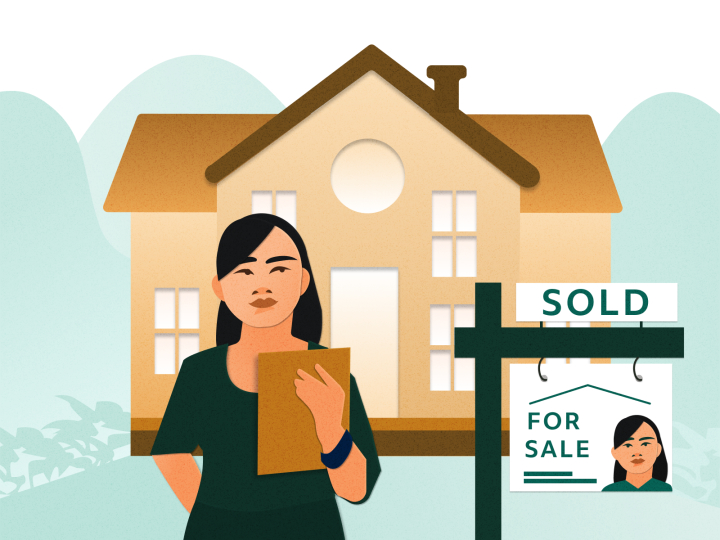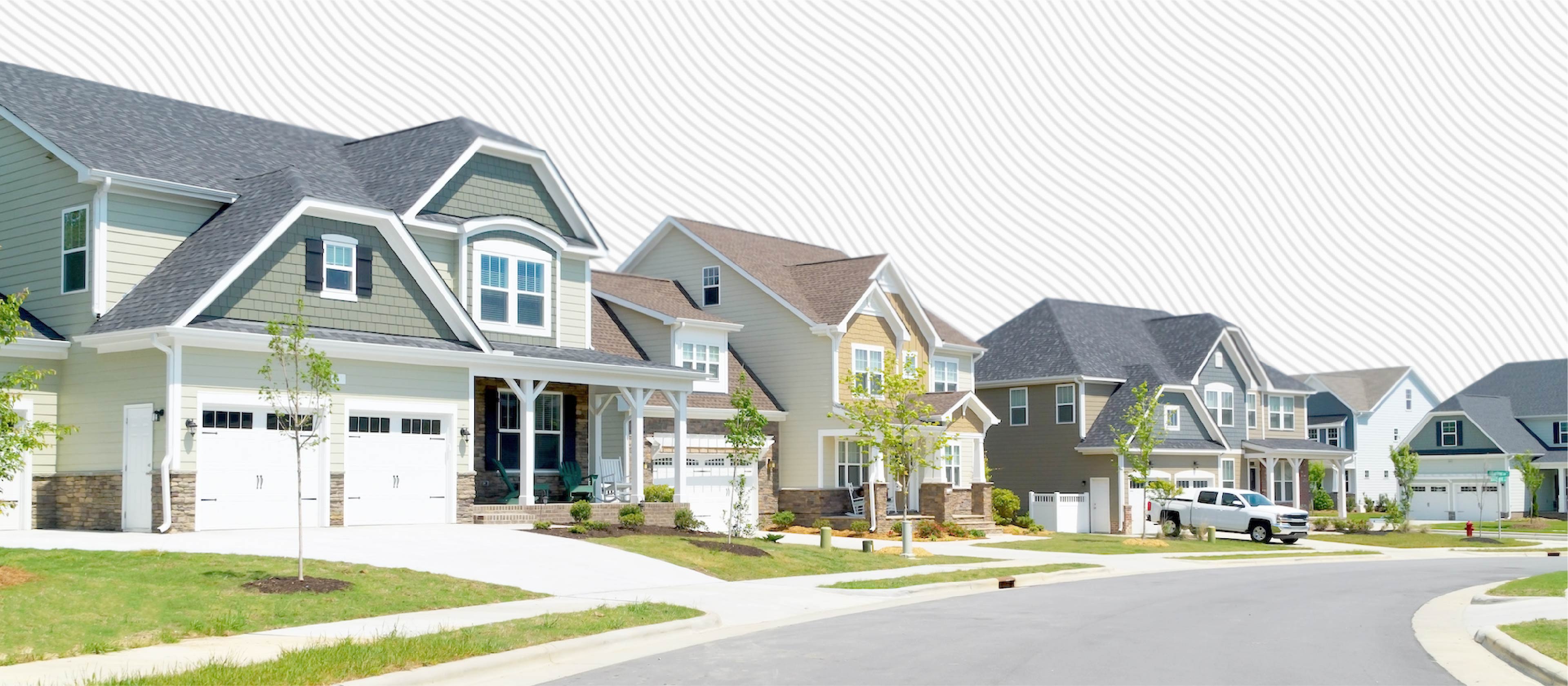The Future of Real Estate Lockhart: Trends You Need to Know
The Future of Real Estate Lockhart: Trends You Need to Know
Blog Article
The Future of Real Estate: Patterns and Opportunities to Enjoy
As the realty landscape progresses, it becomes progressively necessary to recognize the emerging trends and opportunities that will certainly specify the market in the coming years. Technical developments are improving transactional procedures, while an expanding emphasis on sustainability reflects changing customer top priorities. Additionally, group shifts and the rise of remote job are affecting housing choices, particularly in suburbs. With these dynamics at play, a better assessment of the techniques and adaptations required for success exposes interesting opportunities that could reshape financial investment methods and market behaviors.
Technical Innovations in Real Estate
Recently, the property sector has actually embraced a wave of technical innovations that are transforming typical practices. These innovations have significantly boosted performance, openness, and decision-making processes within the industry. One of the most significant innovations is the surge of huge data analytics, which allows realty professionals to examine market patterns, anticipate residential property values, and recognize financial investment possibilities with unprecedented accuracy. This data-driven strategy allows stakeholders to make informed choices and minimizes the risks connected with building purchases.
In addition, digital truth (VR) and increased reality (AR) innovations are changing building advertising and marketing by offering immersive experiences for potential purchasers and renters. These tools enable clients to perform digital tours of properties, therefore improving the search process and boosting customer interaction. Blockchain technology is obtaining grip as a means to protect transactions and maintain transparent records, thereby minimizing scams and accelerating the closing procedure.
Smart home technologies are likewise becoming increasingly common, allowing property owners to keep track of and manage their residential properties remotely (Real Estate Lockhart). Jointly, these technological developments are reshaping the landscape of property, promoting an extra effective, transparent, and customer-centric market
Demand for Lasting Properties
As customers increasingly focus on ecological duty, the need for lasting residential properties has surged in the property market. This shift shows a broader social pattern toward sustainability, with property buyers and financiers looking for homes that minimize eco-friendly influence while making best use of energy effectiveness. Attributes such as solar panels, energy-efficient home appliances, and sustainable structure materials are now deemed essential instead than optional.

In addition, the surge of green communities, which focus on walkability and accessibility to public transport, even more stresses this fad. These growths interest ecologically conscious buyers and promote a healthier way of life.
As the demand for sustainable properties proceeds to climb, sector stakeholders should adjust to these assumptions. By welcoming ingenious techniques and prioritizing sustainability, the actual estate industry can not just satisfy customer need but also contribute to a more lasting future.
Transforming Customer Demographics

Additionally, the aging population is reshaping need for housing. Child boomers are looking for scaled down houses that use accessibility and low upkeep, usually preferring urban settings with nearby amenities. This shift necessitates a concentrate anchor on multi-generational real estate services that suit differing requirements.
In addition, multiculturalism is playing a pivotal duty in realty trends. Buyers from different histories bring unique preferences and expectations, triggering developers to create inclusive environments that accommodate a wider target market. As these group changes remain to develop, realty experts must adjust their methods to attend to the demands of these different purchasers. Understanding these transforming demographics will be important in recognizing arising opportunities and crafting customized advertising and marketing methods that reverberate with the diverse demands of today's market.
Surge of Remote Job Impact
Significantly, the surge of remote work is transforming the realty landscape, triggering considerable changes in customer choices and location choices. As workers appreciate the adaptability of working from home, many are reassessing their residential requirements, bring about a surge in demand for buildings in country and country areas. This pattern is largely driven by the desire for even more large living settings that can suit home offices and a much better top quality of life.
Additionally, city facilities, once the focal factor for customers, are experiencing a progressive decrease popular as people focus on affordability and access to go to this web-site nature. Consequently, genuine estate developers and investors are shifting their emphasis towards homes that use office areas, outdoor services, and proximity to vital services.
Genuine estate experts need to adjust to the altering preferences of buyers, highlighting the importance of way of living factors in their marketing methods. The implications of remote job on genuine estate are extensive, shaping future fads and possibilities.
Financial Investment Opportunities in Emerging Markets
Financial investment possibilities in emerging markets are constantly standing out from investor looking for diversity and growth potential. These markets, defined by quick financial development, boosting urbanization, and a growing middle class, present special prospects for wise investors. Countries in Southeast Asia, Africa, and Latin America are observing considerable framework improvements and favorable federal government plans, which additionally boost their appeal.
Genuine estate sectors such as property, commercial, and logistics are experiencing increased demand because of urban movement and progressing consumer preferences. Notably, cities like Ho Chi Minh City, Nairobi, and Medellín are coming to be hotspots for financial investment due to their broadening economic situations and youthful demographics.
Capitalists ought to conduct complete market evaluations to determine vital patterns, such as changes in population characteristics and economic security, which can affect residential property values. In addition, partnerships with regional property firms can facilitate effective entrance and navigating in these markets.
Nevertheless, it's important to be mindful of possible dangers, including political instability and governing difficulties. By weighing these aspects and adopting a lasting viewpoint, capitalists can successfully profit from the profitable chances arising in these creating areas.

Conclusion
To conclude, the future of genuine estate will certainly be significantly affected by technological improvements, a growing emphasis on sustainability, and advancing customer demographics. The surge of remote job is reshaping housing preferences, particularly in suburban locations. In addition, arising markets existing significant investment possibilities for stakeholders ready to adapt to these changes. Browsing this transforming landscape will certainly need calculated partnerships and a keen understanding of market dynamics to profit from the trends shaping the sector.
As the genuine estate landscape evolves, it comes to be progressively essential to understand the emerging trends and opportunities that will define the market in the coming years. One of the most notable technologies over at this website is the rise of big data analytics, which permits real estate experts to evaluate market trends, predict property values, and determine investment possibilities with extraordinary precision.As customers progressively focus on environmental responsibility, the demand for lasting residential or commercial properties has risen in the real estate market. The effects of remote work on real estate are extensive, shaping future fads and chances.
Investment chances in arising markets are continually drawing in focus from actual estate financiers looking for diversification and growth potential.
Report this page